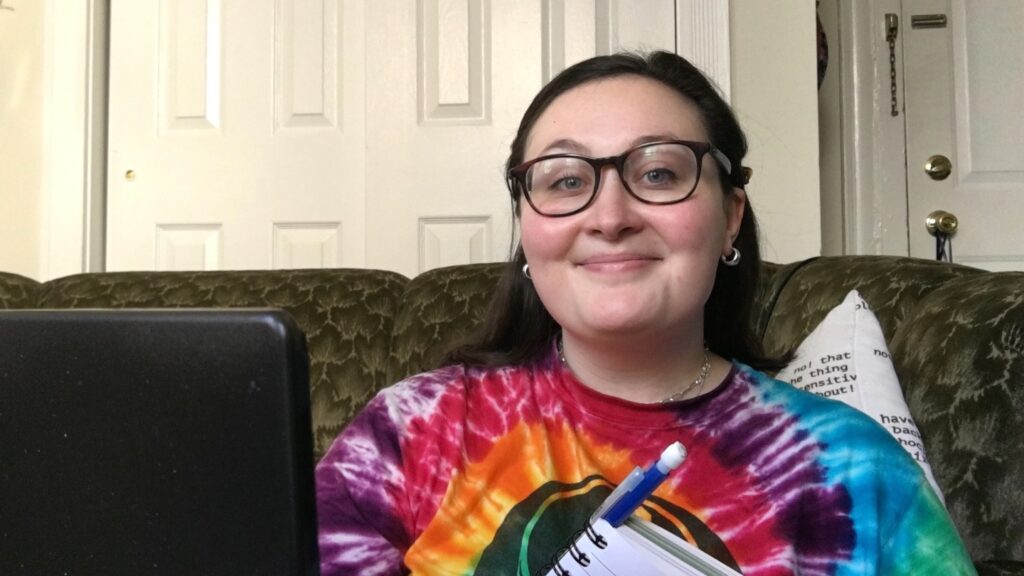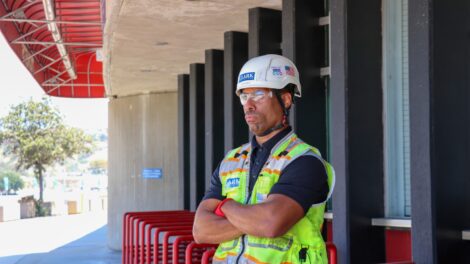For Emma Fortier '18, her double major in engineering studies and English allowed her to see and explore a complete world
By Bryan Hay
Emma Fortier ’18, a research associate at the Center for Curriculum Redesign (CCR), a global organization dedicated to improving education, says her engineering studies degree helped prepare her for the world beyond Lafayette, sharpening her critical thinking skills and allowing her to more clearly see the world around her.
Pairing her engineering studies degree with English helped bring that world into focus. It enhanced her communications skills and, at the same time, complimented her understanding and appreciation of two unique disciplines.

Emma Fortier ’18
Please describe the firm you’re working for and your current position, and why you find your work fulfilling and meaningful.
I currently work as a research associate at the Center for Curriculum Redesign (CCR), a nonprofit organization that works to improve education at the policy, curriculum, and classroom level. ‘Improving education’ is a fairly amorphous goal, but my work is quite targeted and actionable. I get to wrestle with thought-provoking questions (e.g., How do you teach curiosity through math? How is a student’s identity related to a motivation to learn?) while also providing concrete guidance to teachers and curriculum designers that will directly help them in the classroom.
How did engineering studies prepare you for your career?
Engineering studies prepared me for the messiness of the world beyond Lafayette. The coursework honed my communication skills and equipped me to translate technical knowledge and complex concepts into digestible and concise language. Engineering studies also sharpened my critical thinking skills and provided me with the perspective to see the interdependent and interconnected nature of our technologically driven world. These communication and critical thinking skills have made me an adaptable learner and professional.
What led you to engineering studies and your decision to pair it with English?
At the time, my choice to declare this double major was largely motivated by the fact that this decision really meant I didn’t have to decide. I could take classes in almost every department on campus, I wasn’t cornered into specializing, and I could explore the worlds I loved the most.
Retrospectively, it’s clear how much flexibility this double major afforded me to craft my own learning experiences and shape my own academic journey. My double major gave me the perspective to see a more whole and complete image of the world around me, and the two— often-clashing—worlds challenged my ways of thinking. I loved (and still love) drawing connections between these two disparate disciplines and seeing how they approach the same problem quite differently.
If you had an opportunity to give a sales pitch to a student considering engineering studies, what would you say?
Hands down, EGRS is the best major on campus. The professors truly care about your academic journey and have crafted courses that are incredibly relevant and rewarding; the themes of the courses continue to pop up in the world around me.
Some of my closest friends were also EGRS majors—and I don’t think that was a coincidence. We were all drawn to its interdisciplinary nature, its relevance to climate change, and the perspective it provided—all to help us understand how engineering and technology interact with and are embedded within the world around us.


